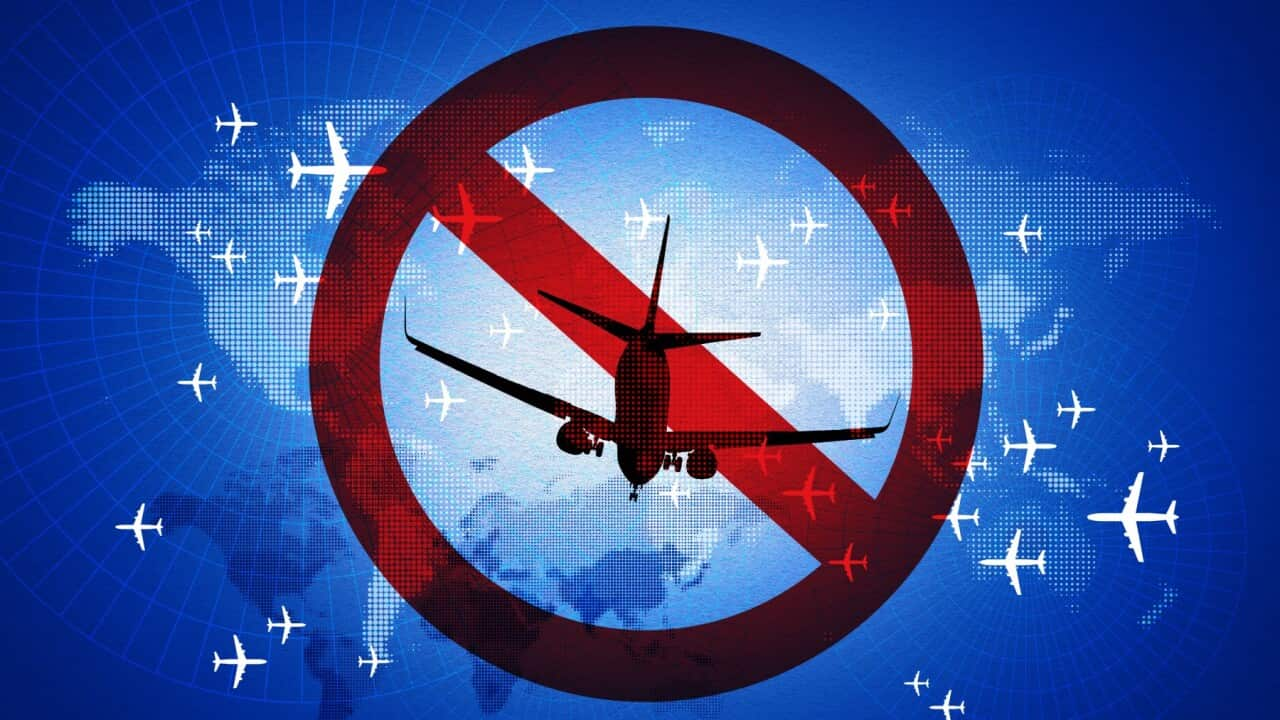Highlights
- Australian citizens, permanent residents ordinarily resident overseas now need outward exemption
- Expats will need ‘compelling reason’ for permission from ABF
- New rule comes into effect on 11 August
In the latest crackdown on Australia’s international travel, the current ban on Australians travelling out of the country will also be applicable to those who are ordinarily residents of another country from 11 August.
This means that like the rest, Australian citizens or permanent residents who have normally spent more time outside Australia over the last 12 to 24 months, will also have to apply for travel exemption with the Australian Border Force (ABF) to leave the country.
At present, Australians who normally live overseas only need to provide their passport to the ABF official at the airport before exiting the country.
The amendment to the Biosecurity Determination 2020, which health minister Greg Hunt made on 1 August, will from 11 August require ordinarily residents to demonstrate a “compelling reason” and links to the country where they usually live in order to depart.
A transitional period applies until 7 September.
Click for details on travel exemptions for ordinarily residents. Vikas, who divides time between India and Australia, feels overtaken by anxiety.
Vikas, who divides time between India and Australia, feels overtaken by anxiety.

Vikas fears returning to Australia to visit family could mean he may no longer be able to return to India where he spend majority of his time. Source: Supplied by VIkas
The 50-year-old Australian permanent resident spends most of his time with his mother in Ludhiana, Punjab. He visits Australia only for a few days to spend time with his wife and son in Adelaide.
Separated from his wife and son for over two years, Vikas now fears that visiting them may mean he may no longer be able to return to India.
“Although getting an exemption is an option, we all know that they are hard to come by. On one hand, if my wife or son travel, they have limited options to return to Australia. On the other, if I do, I may risk losing my job in India. So it’s a no-win situation for us,” Vikas told SBS Punjabi.
Vikas, who was hospitalised in India after he contracted the coronavirus in March along with his 76-year-old mother, added that travelling without a guarantee to return could also mean his mother would be left alone for a prolonged period, a risk he is not willing to take.
“I am stuck in the middle. Neither can I bear to be separated from my family in Australia, nor do I have the option to leave my mum alone in India, where a third wave is likely to strike anytime soon,” he added. In its tabled in Parliament last week, the federal government stated that the amendment will reduce pressure on the country’s quarantine capacity, reduce the risks posed to Australians from COVID-19 and assist in returning vulnerable Australians home.
In its tabled in Parliament last week, the federal government stated that the amendment will reduce pressure on the country’s quarantine capacity, reduce the risks posed to Australians from COVID-19 and assist in returning vulnerable Australians home.

New exemption rules for ordinarily residents to come into effect on 11 August. Source: AAP
Defending the stricter regulations, the statement further explains that the automatic exemption currently available to ordinarily residents “was not intended to enable frequent travel between countries.”
“Further, as repatriation flights continue, it will be critical to manage the numbers of people leaving Australia with the intention of returning in the near future to ensure flight and quarantine availability is prioritised for individuals who have been stranded overseas for some time,” it elaborates.
Currently, nearly 35,000 Australians stranded offshore are desperately waiting for their turn to return home, a situation aggravated by frequent caps on returning travellers and crackdowns on international flights. Ordinarily residents stuck in India hit hard
Ordinarily residents stuck in India hit hard

Australian passengers outside entry gate 4 at Indira Gandhi International Airport in New Delhi. Representational image. Source: Supplied
New Delhi-based travel agent Naveen Uppal, who has many Australian expats as his clients, told SBS Punjabi that ordinarily residents stuck in India might be worst-affected by this new rule.
“There are already a lot of restrictions on travel to and from India. While Australian expats have the option to return to Australia to escape the virus or visit their family, this new rule will deter many from making such a move,” he said.
People in Australia must stay at least 1.5 metres away from others. Check your state’s restrictions on gathering limits.
Testing for coronavirus is now widely available across Australia. If you are experiencing cold or flu symptoms, arrange a test by calling your doctor or contact the Coronavirus Health Information Hotline on 1800 020 080.
The federal government's coronavirus tracing app COVIDSafe is available for download from your phone's app store.
SBS is committed to informing Australia’s diverse communities about the latest COVID-19 developments. News and information is available in 63 languages at





